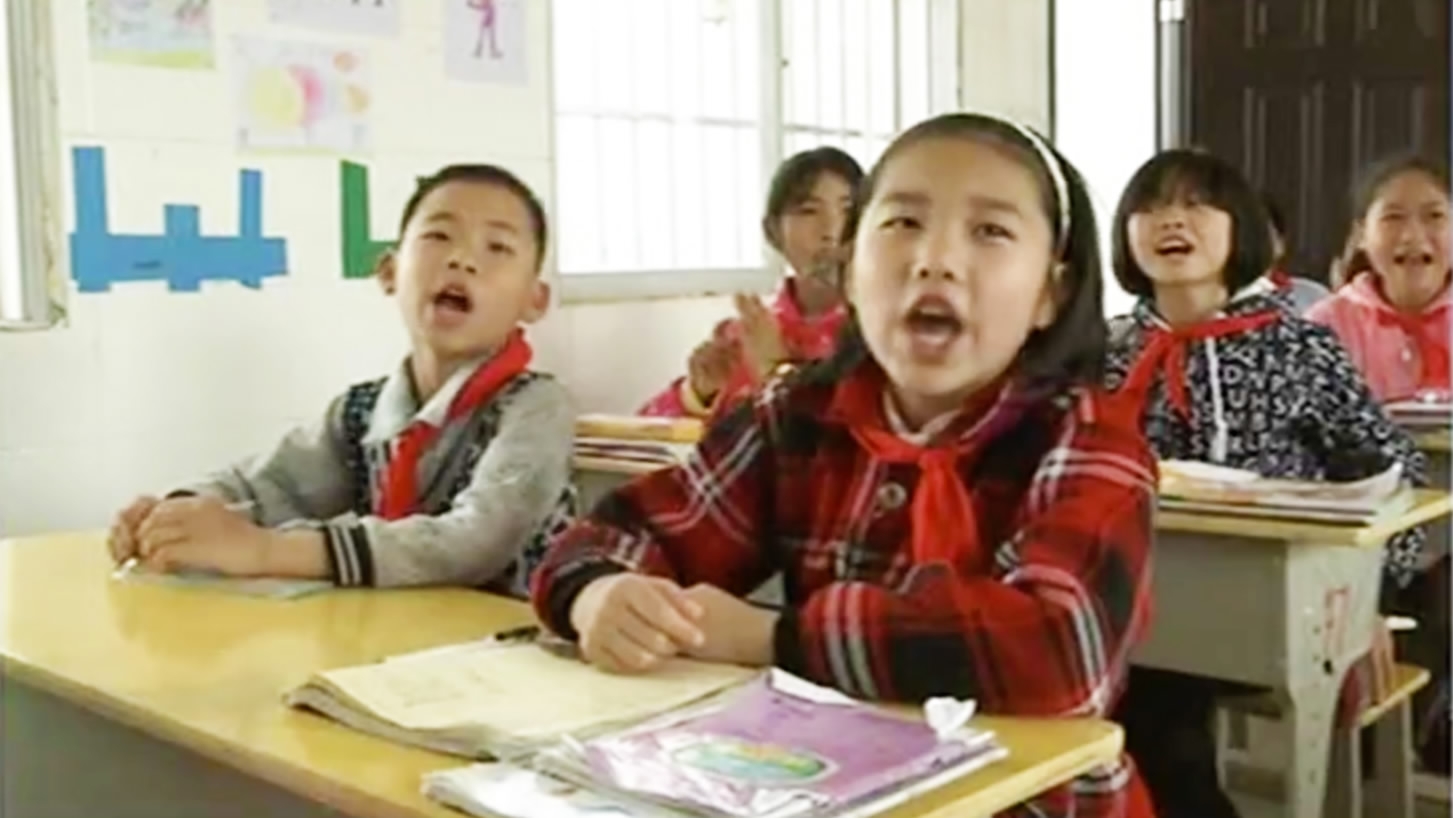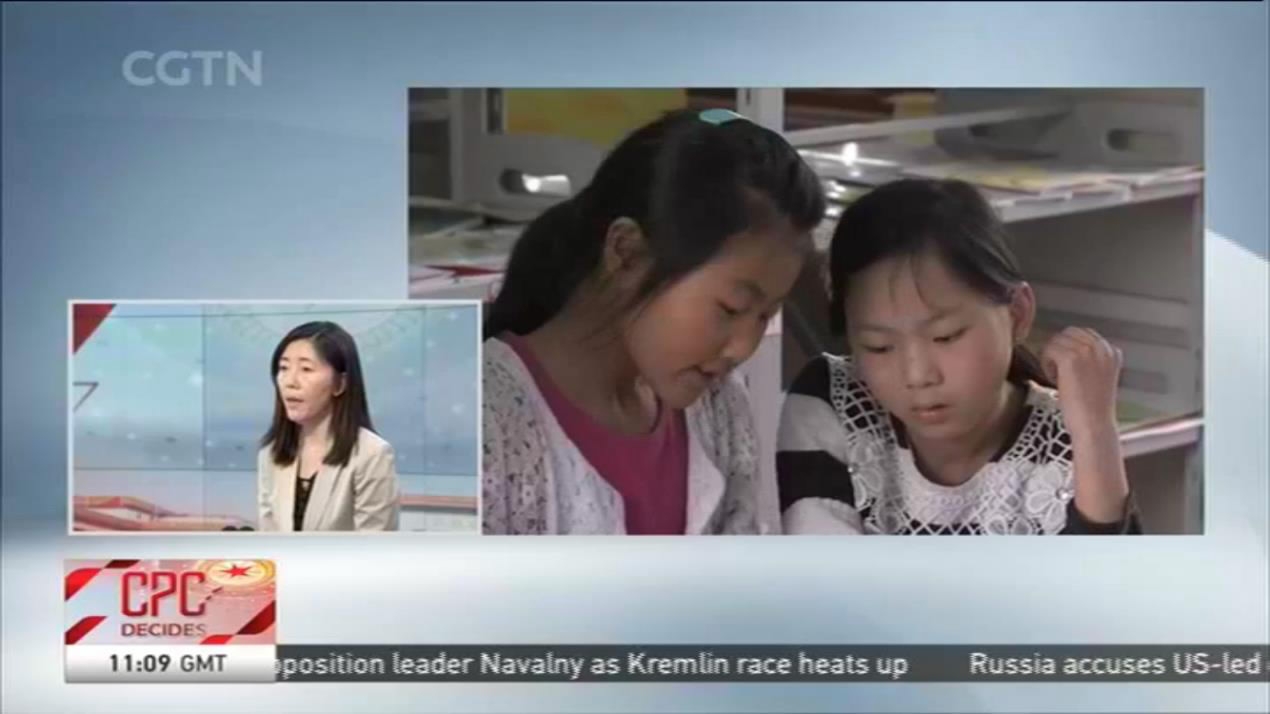
Culture
17:58, 23-Oct-2017
Improving early childhood education key China goal
By Zhou Wenjia

“Inequality of education starts from inequality of early education,” says Dr Wang Yan, a senior official at the National Institute of Educational Sciences of China.
“Early education lays a lifelong foundation for a person’s learning innovation and growth,” she continues.
The level of Chinese education is above the world average, but its development is uneven across the country. General Secretary of the Communist Party Xi Jinping, reporting to the 19th Party congress, said one of the main goals of the CPC is to ensure that every child receives a good education.

Dr Wang says inequality in education is a global issue because education relies partly on economic development and financial capacity. /CGTN Photo
Dr Wang says inequality in education is a global issue because education relies partly on economic development and financial capacity. /CGTN Photo
In discussing the imbalance in educational development, Wang, director of the institute's International Exchange Department, cited educational inequality in early childhood, saying it is very hard for children to catch up if they lag behind when they are very young. She says the government will expand pre-primary education by raising the gross enrollment rate to over 85 percent.
Wang says another issue to be addressed is compulsory education in ethnic minority regions as well as remote and poor areas. She says the government will seek to increase the retention rate of nine-year compulsory education to 95%, up from 93.4%.
Some children now lack the motivation to learn, she says, and the government will push harder to engage their interest in learning.

The CPC requires government to expand access to early childhood education. /CGTN Photo
The CPC requires government to expand access to early childhood education. /CGTN Photo
Wang says inequality in education is a global issue because education relies partly on economic development and financial capacity.
In order to reach the goal of education equality, the report of the Party congress requires the government to expand access and improve the quality of pre-primary education, reinforce rural compulsory education, provide universal access to upper secondary education and develop world-class universities and world-class programs in universities.
Wang says these requirements can be achieved by government leadership via developing a high quality teaching force involving social forces in education and enhancing cross-sector partnerships such as those between academia and industry.
Nevertheless, she says the educational reform approach of the past five years will continue, as it has proved to be effective.

SITEMAP
Copyright © 2018 CGTN. Beijing ICP prepared NO.16065310-3
Copyright © 2018 CGTN. Beijing ICP prepared NO.16065310-3